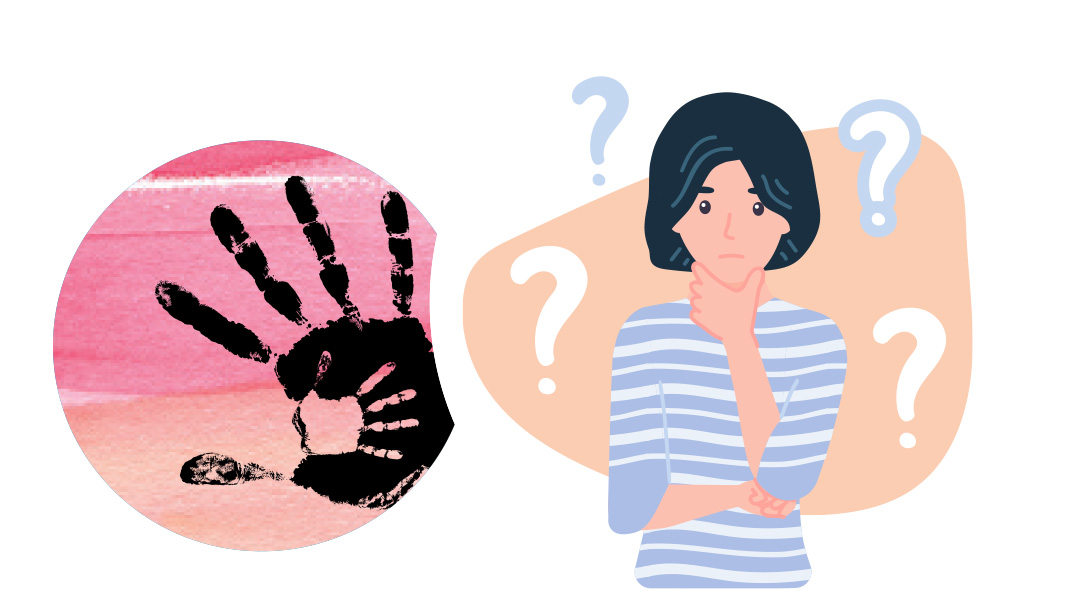Family First Inbox: Issue 784

"Instead of coddling our young adults, why don’t we let them grow up, take responsibility for their feelings, and let them come to the realization that their happiness and contentment depend on themselves?"

Their Pain is Valid, Too [Inbox / Issue 782]
I read the response to the “When Ma Disappeared” story with mixed feelings. The letter writer talked about being “shocked” by hearing the perspective of a child whose mother suffers from an eating disorder. She then went on to offer several paragraphs instructing readers about the proper way to relate to people suffering from these disorders. I don’t disagree with her assessment. I do think she might be missing the point.
This story was about the experience that a child in this situation undergoes. Are the children and families not entitled to their perspective as well?
When a victim of illness — any illness — is a parent, then their sickness is not only about themselves, but also about the complex constellation of people who rely on them for a functional upbringing. Of course everyone needs to have sensitivity, understanding, and patience for the suffering mother. Of course we have to understand and forgive that there are times that she can’t be there for her kids.
But this letter writer seems to completely ignore the fact that this woman has a commitment to her children, and she is letting them down. Obviously this is not of her own volition, and obviously we don’t blame her, and obviously this only compounds her pain — but we cannot deny or ignore that the child’s experience is of a mother who is not present or functional.
The letter writer says that she “sees” all ED sufferers and feels their pain and is cheering them on. That’s wonderful and admirable. Does she also see their suffering children? Because they’re just as real and their pain is just as valid.
Bracha K.
Lakewood, NJ
Get Into the Stretch Zone [Inbox / Issue 782]
I’d like to respond to the letter writer concerned that boundaries will cause people to become over indulgent in self-care and stop doing chesed.
Humans have limited capacity. By creating boundaries and saying no to one opportunity, we are saying yes to another. For example, by saying no to hosting a chesed fund, we are saying yes to our child who needs our attention. If we don’t consciously create boundaries, our energies will get used up by whatever pulls us first. Case in point: Tammy saying yes to her students and by default, saying no to her husband and child.
I learned from Mrs. Yael Kaisman that there is a comfort zone, stretch zone, and stress zone. Boundaries should not be used as an excuse to stay in our comfort zone. We should go into our stretch zone and do chesed for others. But if we don’t have boundaries, we will go into our stress zone and the ones closest to us will pay the price.
Boundaries does not mean over indulging in self-care, nor does it mean not doing chesed. It means making a conscious decision to use our limited capacity for the chesed we prioritize. Self-care expands a person’s capacity, maximizing the total amount a person can give.
Will people use boundaries as an excuse to be self-centered? Yes. Your article created awareness, and readers need to decide what to do with the information. It’s similar to an article promoting tolerance for a messy house. Will a reader use that as an excuse to run a dysfunctionally messy home? Possibly. It’s every reader’s job to read, be honest with herself, and see how she can grow.
Frayde Friedman
Life in the Forties [Sidekick / Issue 781]
Gila Arnold’s hilarious piece about life in the forties was totally spot on. What about life in the thirties?
The thirties are an awesome stage. It’s past the insecure (but yes, overconfident) twenties, but not yet in the middle-aged “what have I done with my life” forties. The thirties can rightfully say, I’ve got this. I have lived so much of life, but I still have a lot of time to accomplish more.
In my thirties I can calm down but step up. I can chill out but tune in. I am confident, but I know with certainty that I don’t know it all, because life has already taught me a thing or two about humility and growth. I can be self-aware and still look beyond myself; I can be self-accepting and still work hard to change.
So, Gila, go ahead and make fun of us thirty-somethings. Can’t wait to read it!
Leba Friedman
Let Them Grow Up [Let Them Grow and Let Them Go / Issue 781]
As a mom of marrieds, I read the article “Let Them Grow and Let Them Go’ with great interest. Miriam Kosman’s assertion that moms need to make space for their child’s narrative — i.e., the way they perceived certain scenarios they grew up with — totally didn’t resonate with me. Like she said herself in the same paragraph, there will always be that child who blames parents for whatever they did or didn’t do — to quote, “you put them to sleep early/let them stay up late, always went to PTA meetings/never went to PTA meetings.....”
Instead of coddling our young adults, why don’t we let them grow up, take responsibility for their feelings, and let them come to the realization that their happiness and contentment depend on themselves?
EP
(Originally featured in Family First, Issue 784)
Oops! We could not locate your form.

